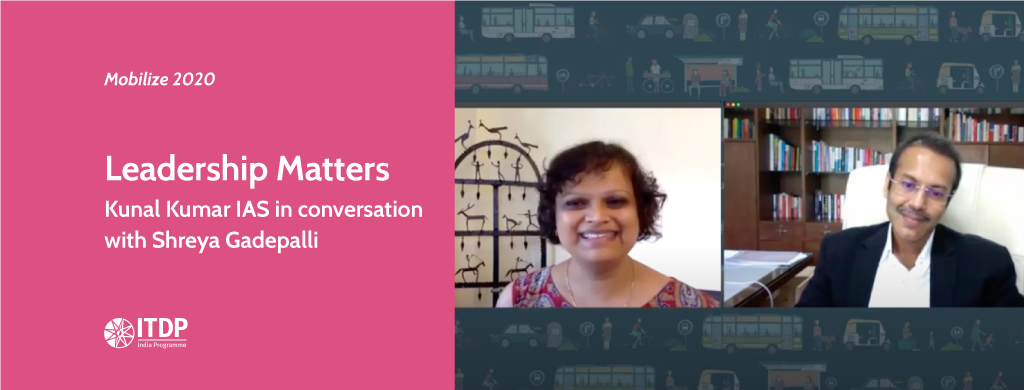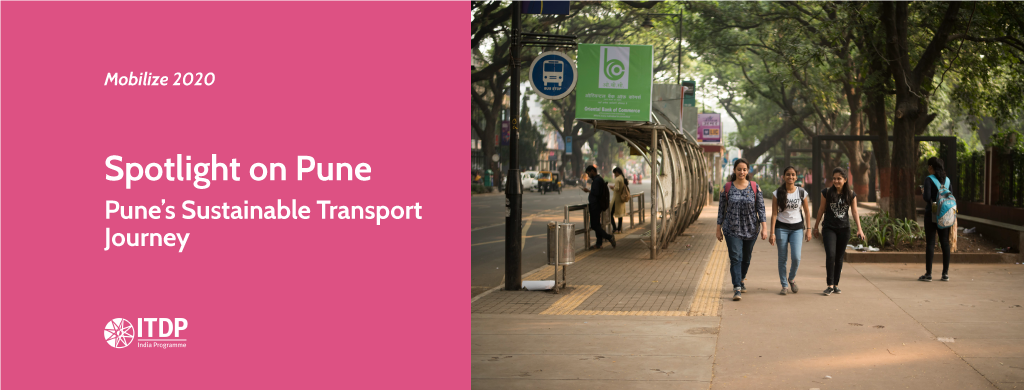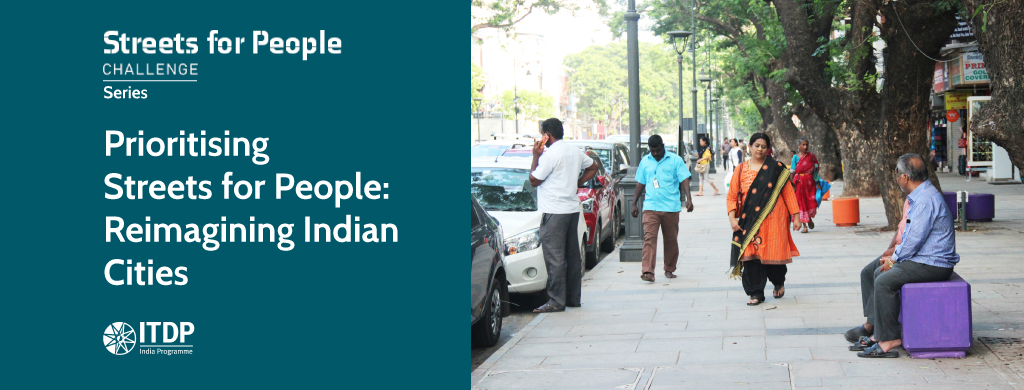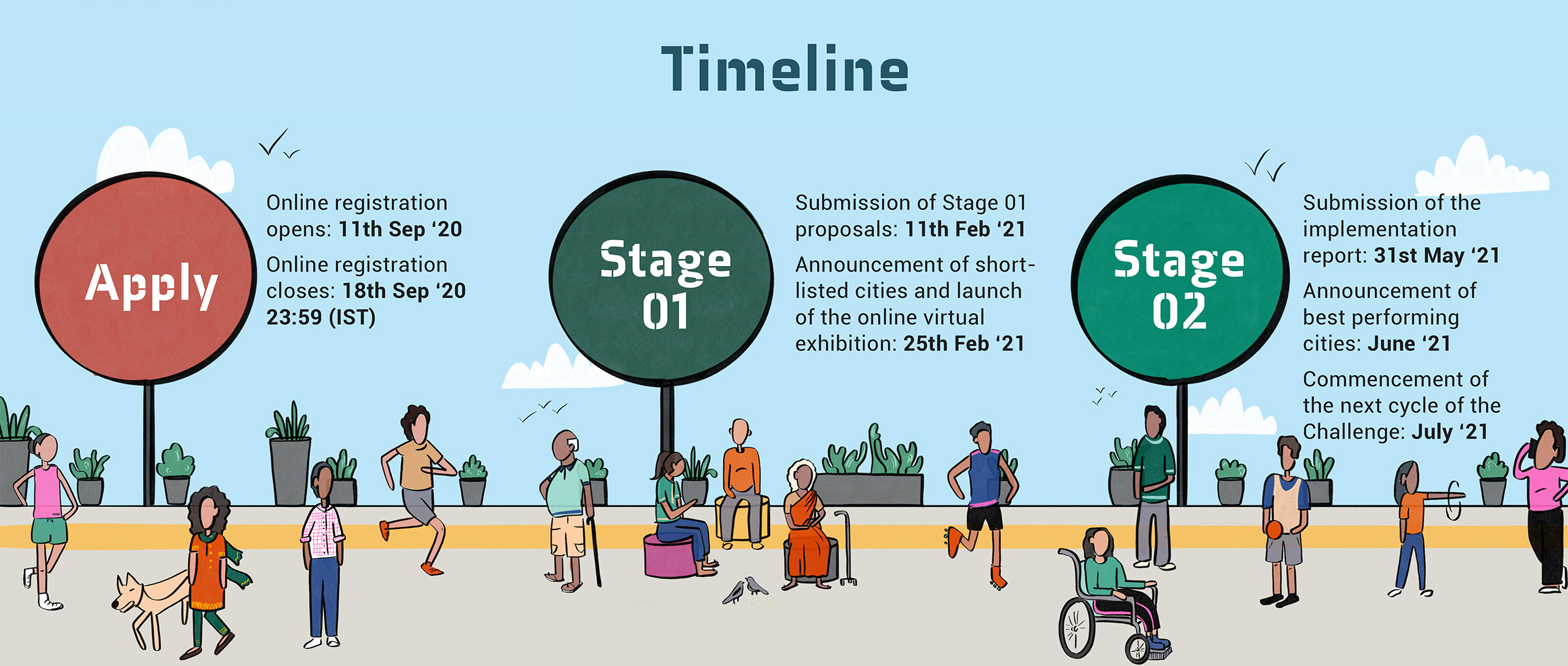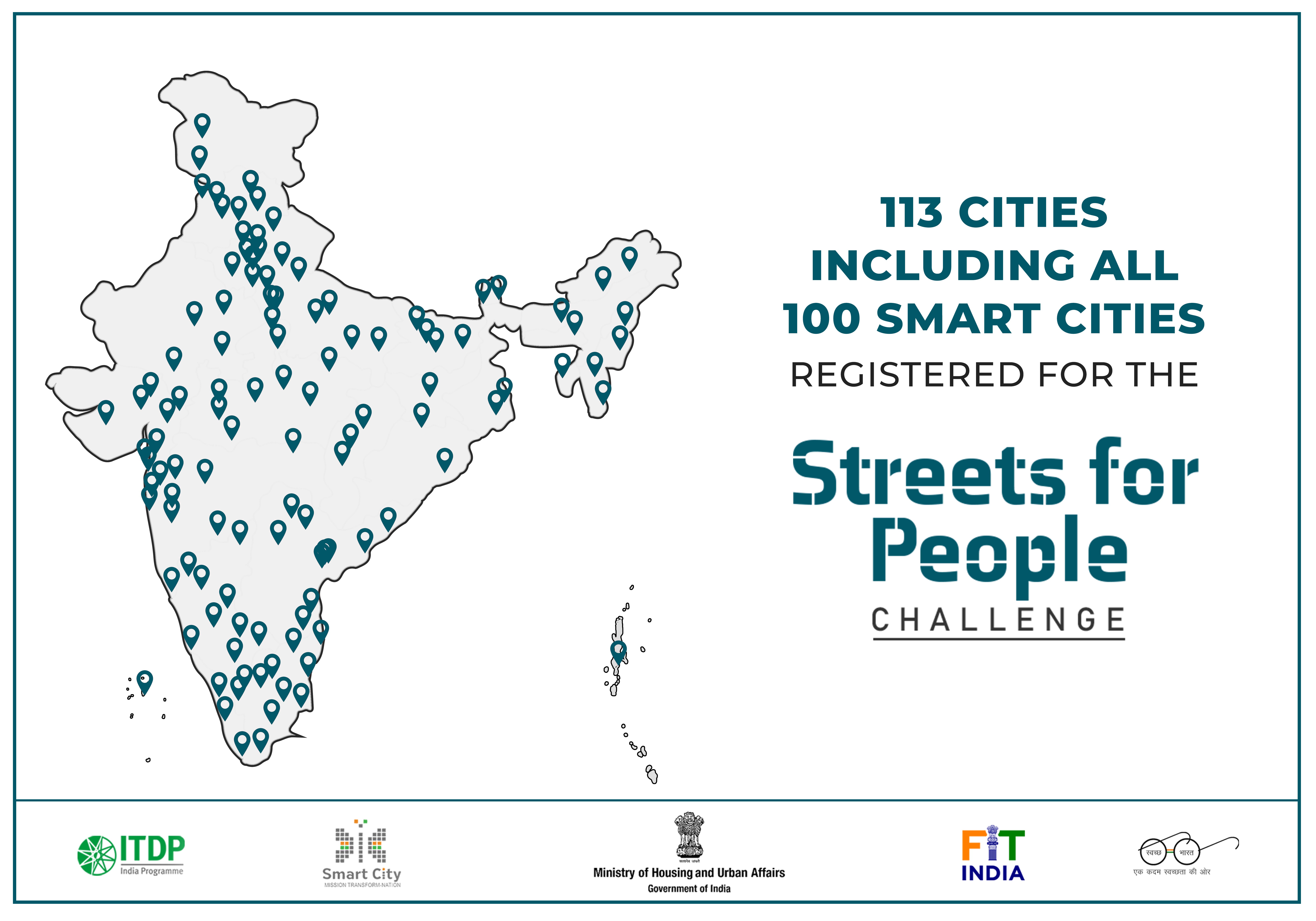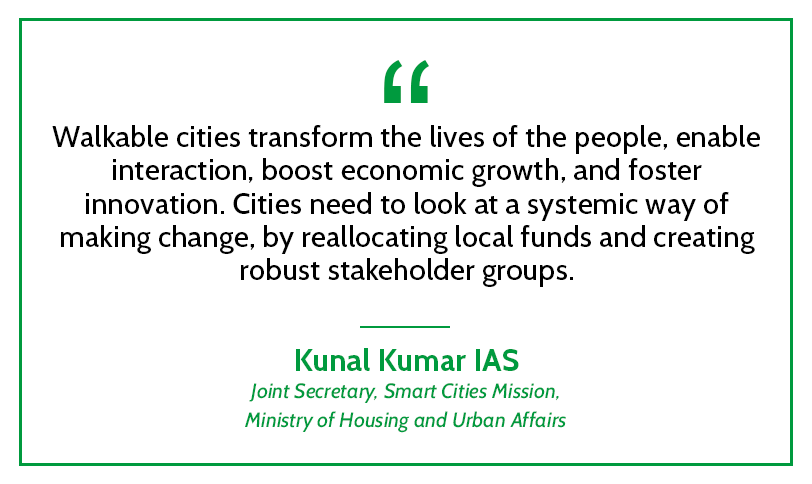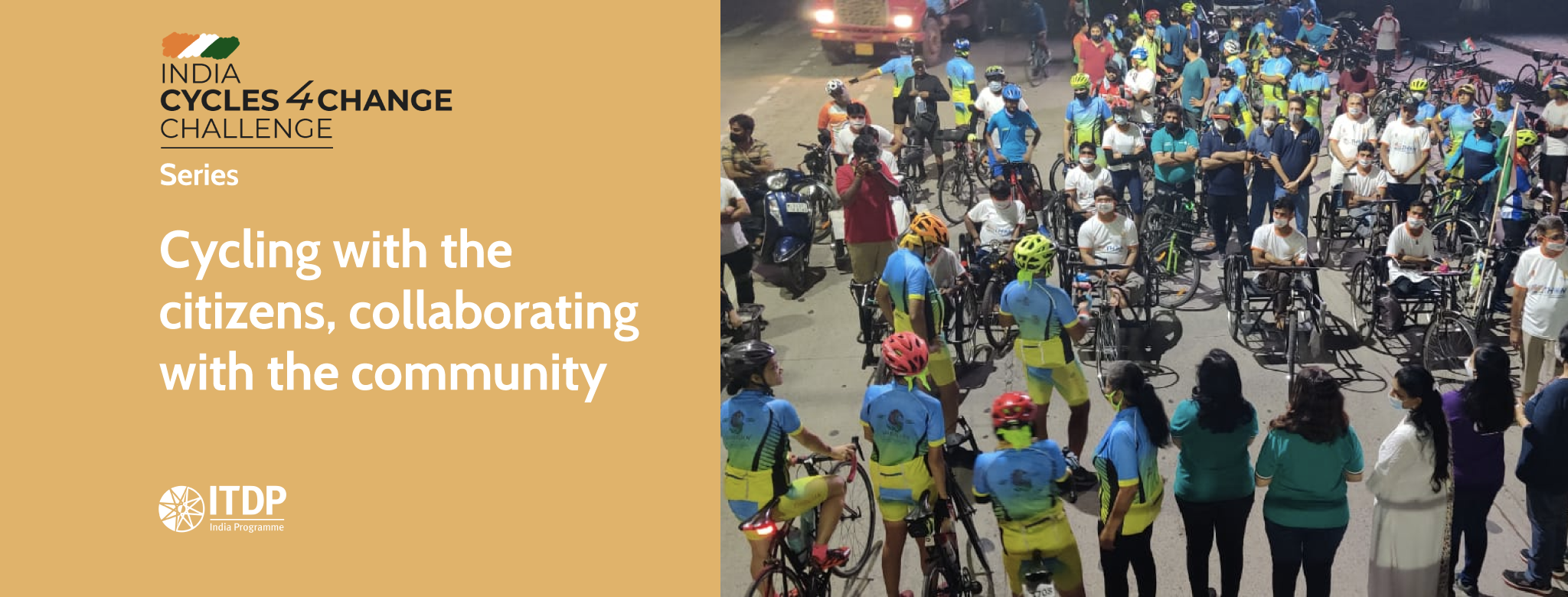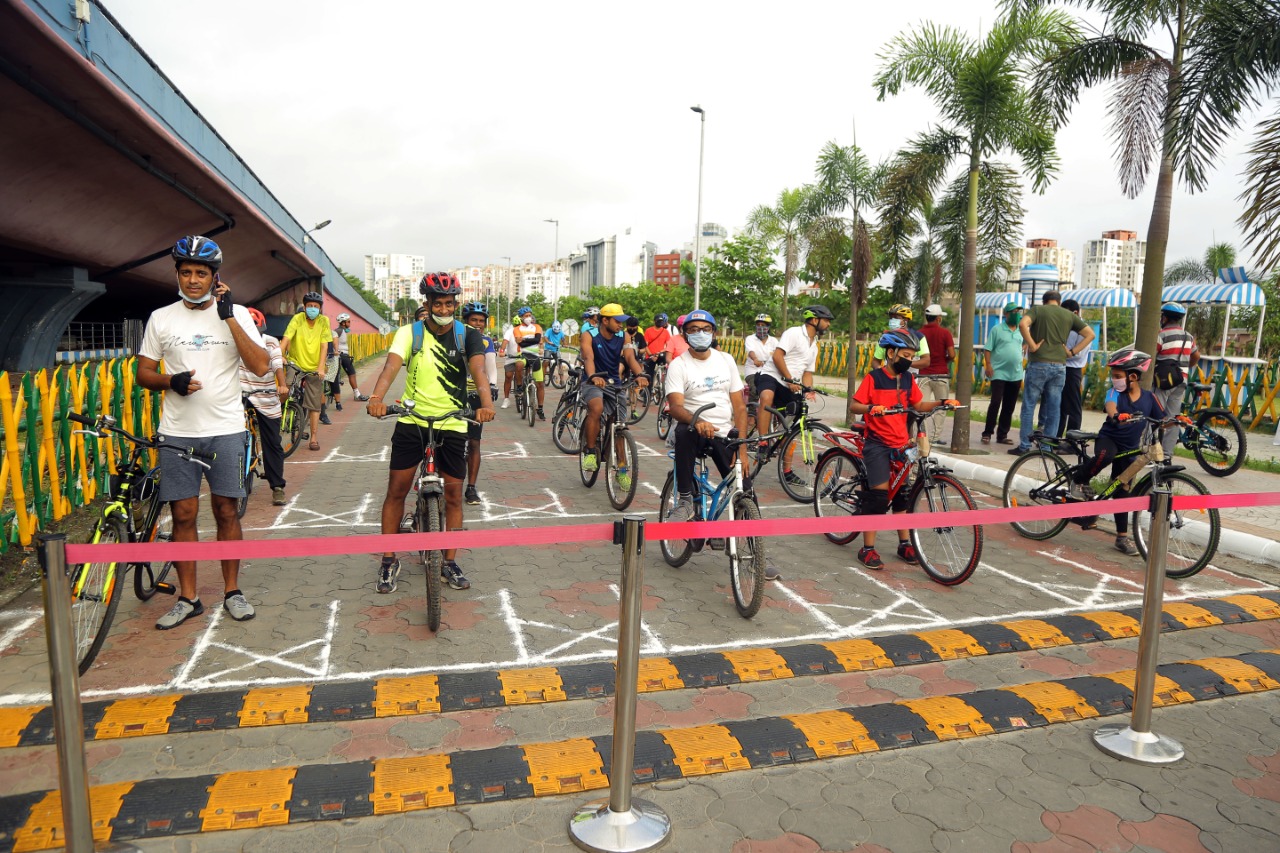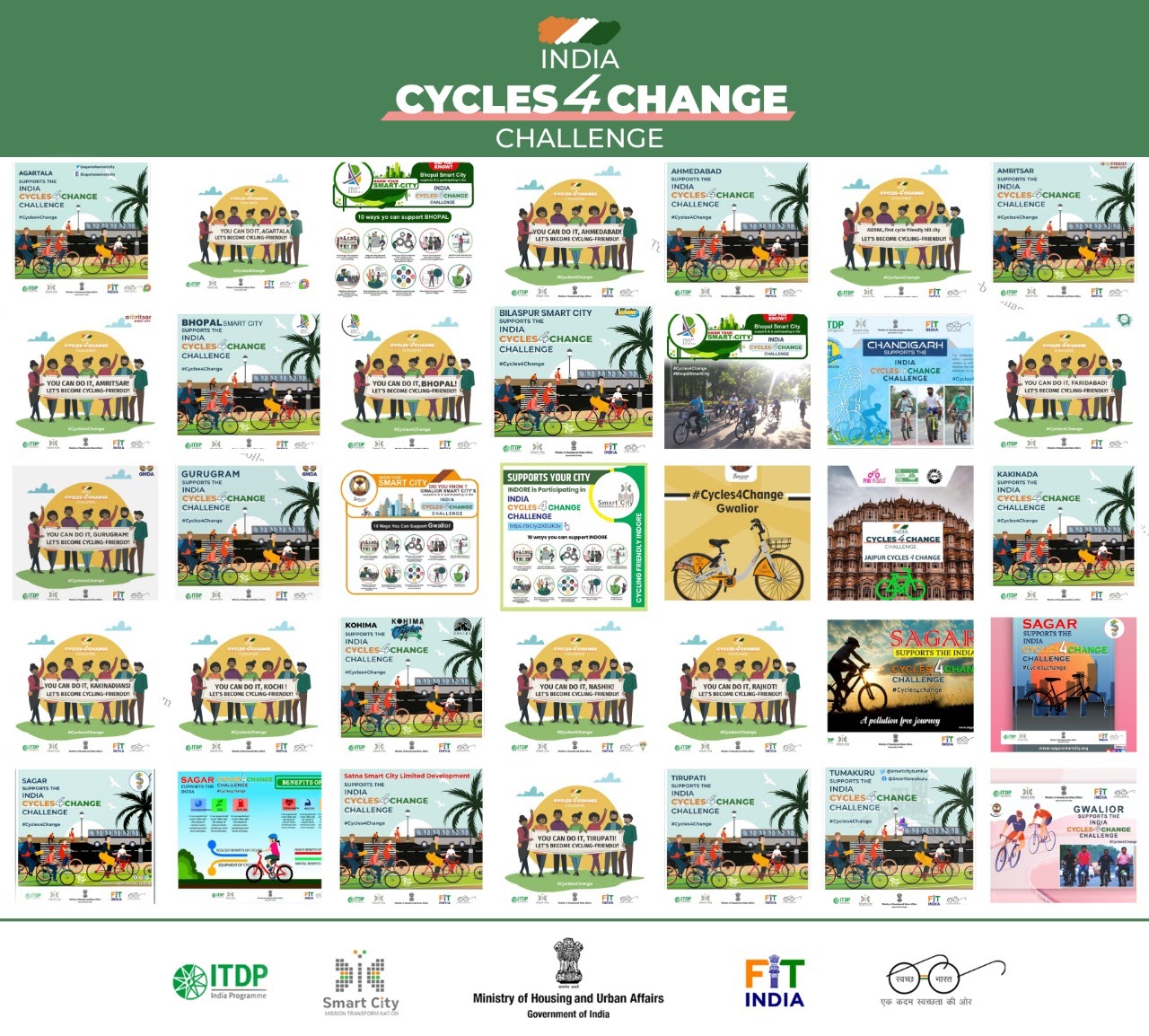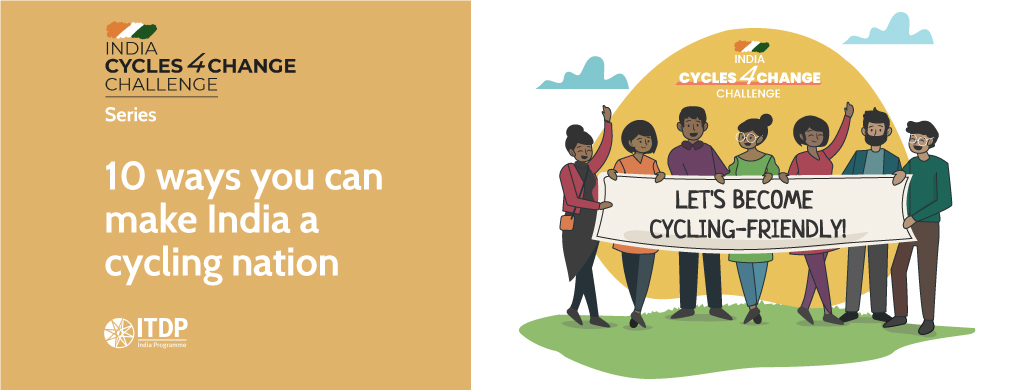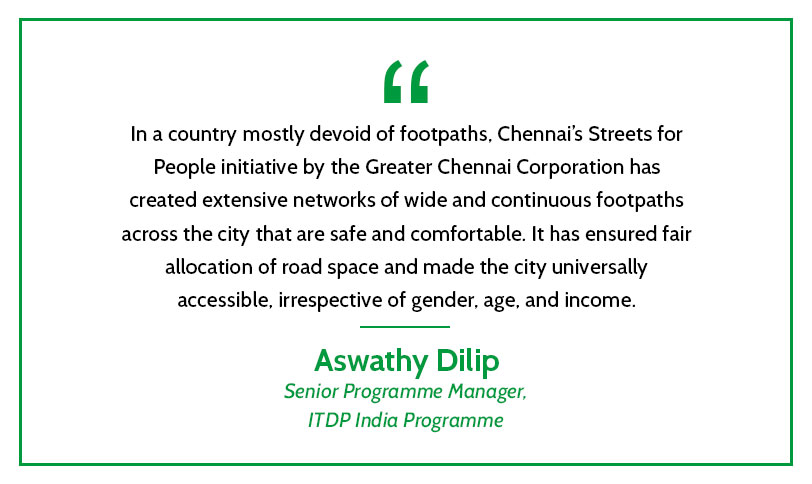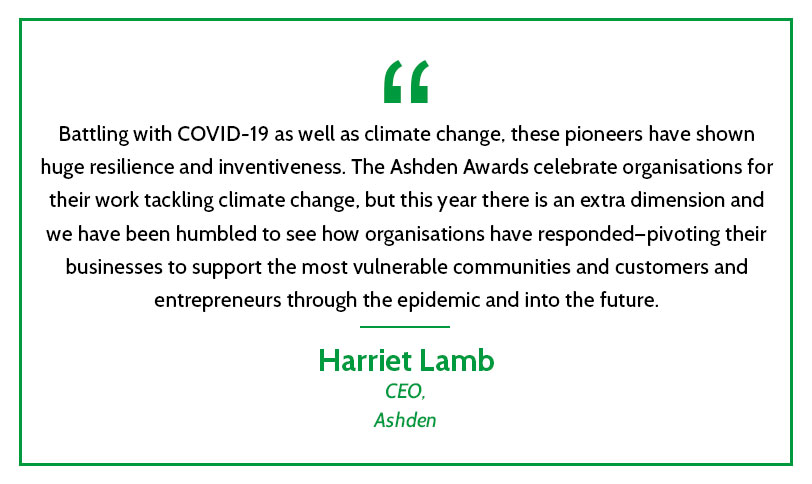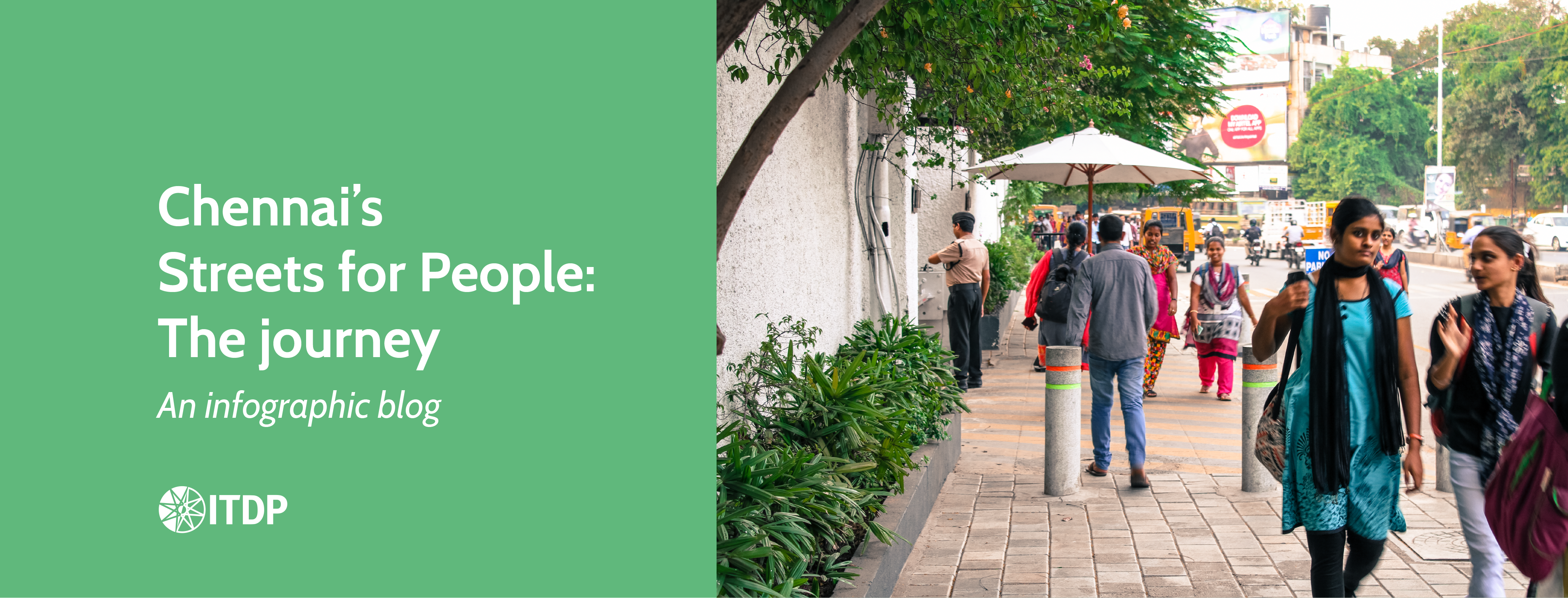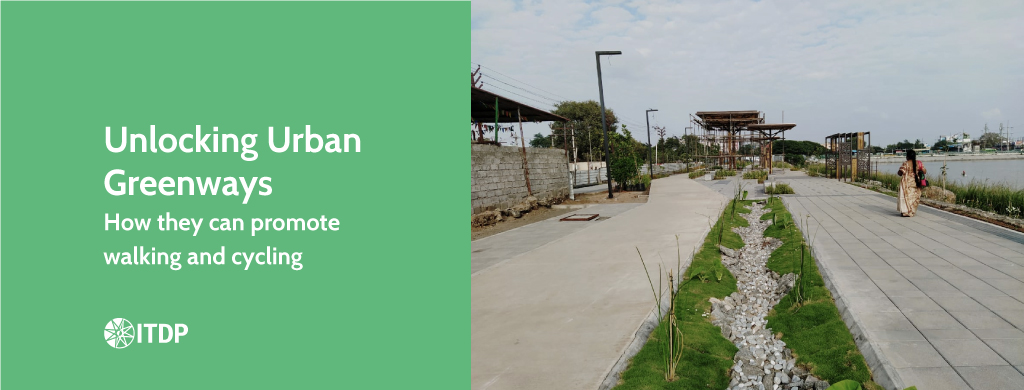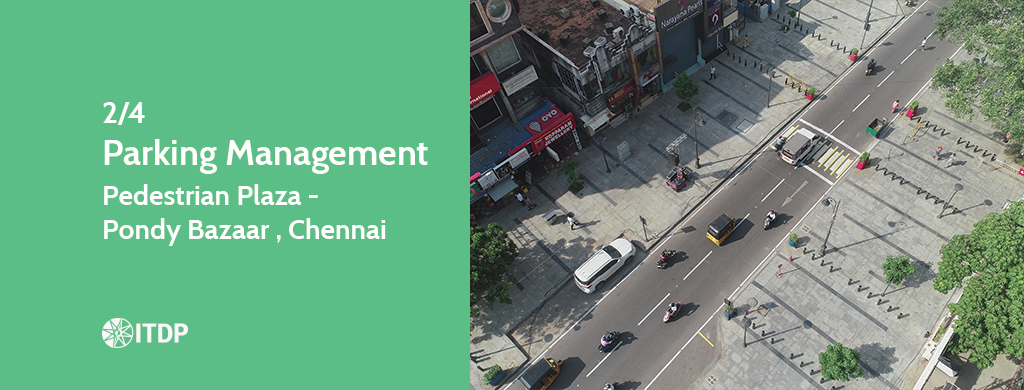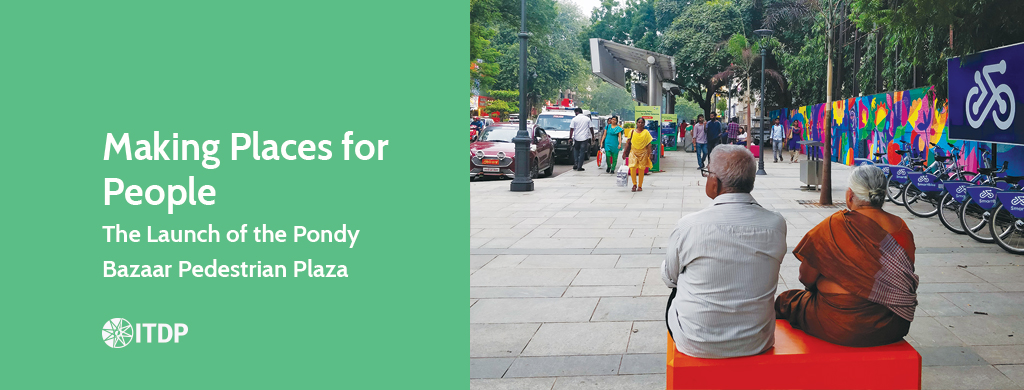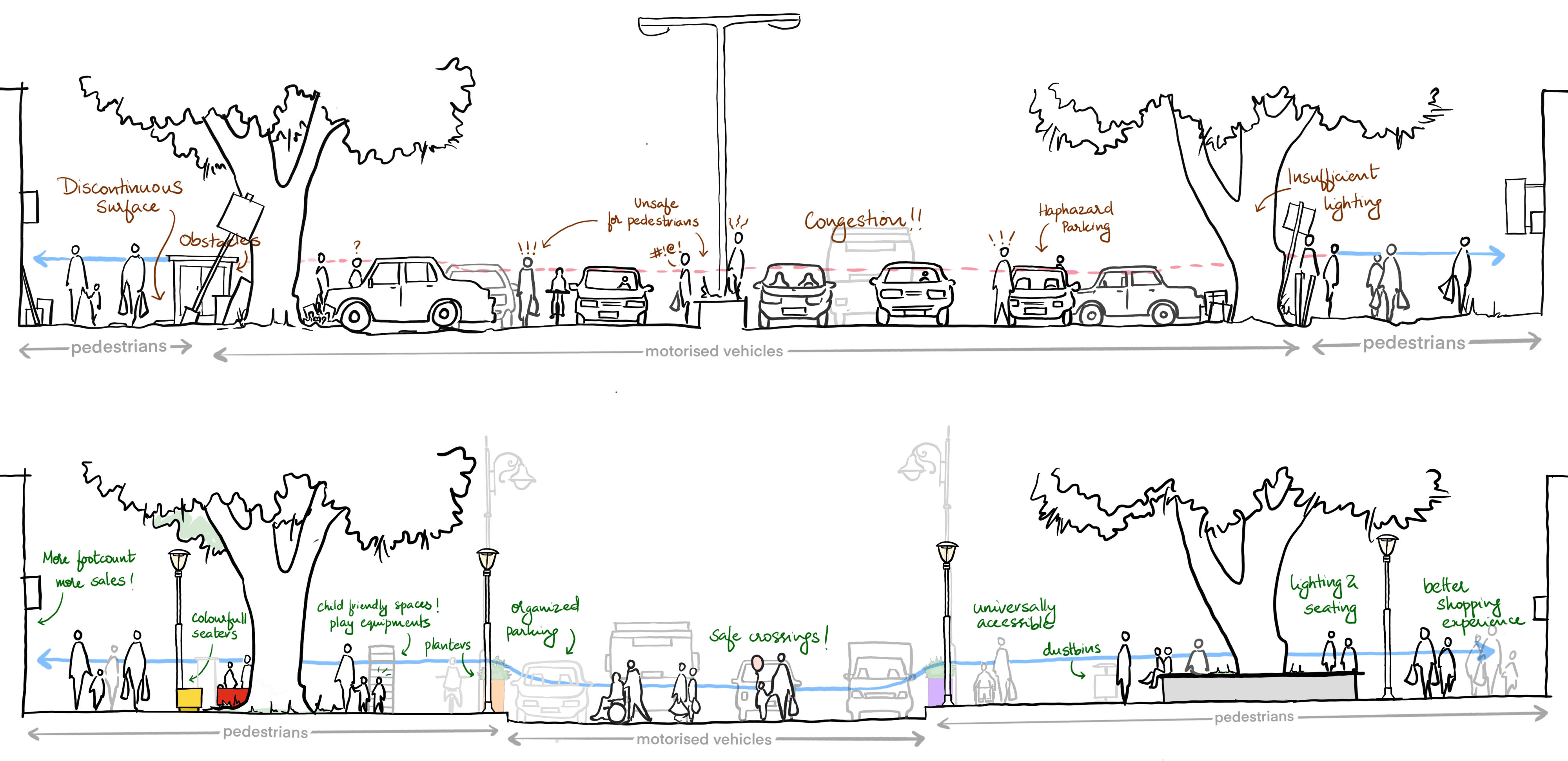How can Indian cities embark on a journey of sustainable development? What challenges do local governments face while implementing innovative solutions for urban development? How difficult is it to drive a national mission in a vast country like India? How can cities in India and across the world respond to climate change?
These are fundamental questions for any student of urban development. Kunal Kumar IAS, Joint Secretary, Smart Cities Mission, Ministry of Housing and Urban Affairs, discusses the roles, experiences, and challenges for government officials and institutions in an exclusive conversation with Shreya Gadepalli, the South Asia Programme Lead, ITDP.
Drawing from his early experience as the Municipal Commissioner of Pune, Kunal Kumar highlights the importance of democratic participation in the city’s meteoric rise as a haven for sustainable urban growth. Mr. Kumar especially stresses the need for administrators to build coalitions and act as anchors to achieve the grand visions for the city’s development. Most importantly, the effective use of communication in getting people to understand policies and governance measures go a long way towards their successful implementation.
In his current role in the national government, Mr. Kumar believes that strategic assistance—which involves giving freedom and enhancing the adaptive capabilities of cities to experiment—needs to be prioritised for the growth of the urban system as a whole. Moreover, Mr. Kumar also highlights how decentralisation must become a key feature of governance. The lessons from the COVID-19 pandemic confirm this trend. Cities that were flexible and adaptive enough to take decisions were able to effectively contain the spread of the disease.
Lastly, Mr. Kumar argues that for the sustainable growth of cities in the country and across the world, there is an urgent need to leverage data and digital technologies today to enhance decision making. Evidence-based policymaking in a participatory manner must become the norm for policies and planning in the coming years.
Written by Avishek Jha
This video is a part of MOBILIZE Virtual 2020: Building Collective Action for the Next Decade.




